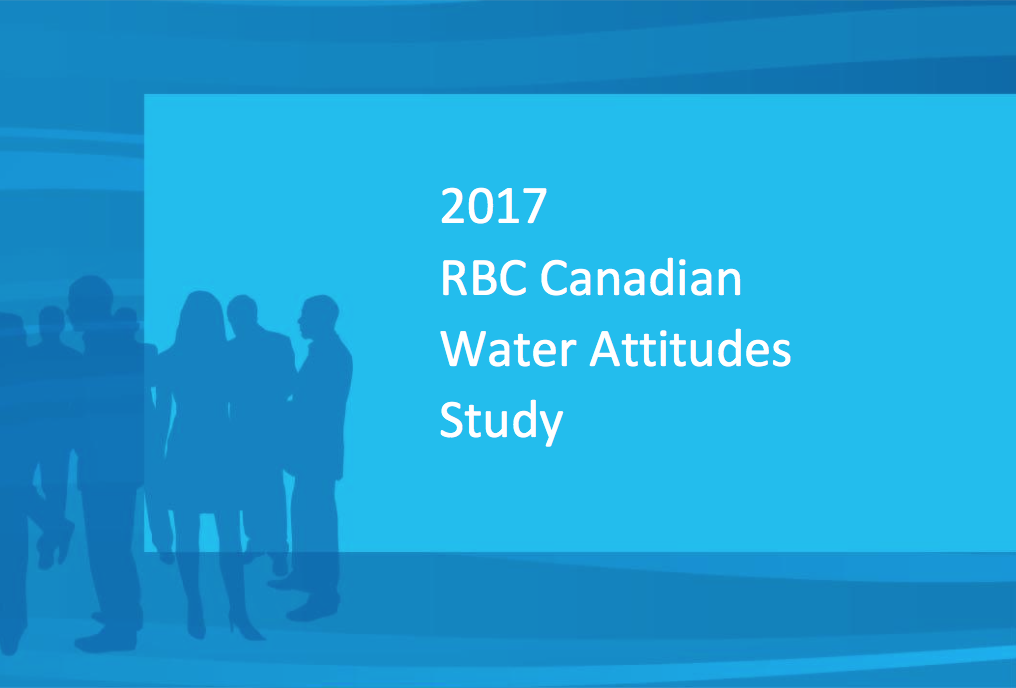There is good news for Canadian municipalities in the RBC Canadian Water Attitudes Study. Canadians strongly support the safeguarding of their water.
As Canadian municipalities continue to upgrade, invest, and innovate in water systems and resource management, they won’t face a challenge in having a citizen mandate to do so. But the study also found that Canadians are unsure of how these systems are paid for and are unclear about the role they play in conserving water resources.
According to the study, Canadians prioritize drinking water infrastructure second only to hospitals, with 31 per cent of respondents saying drinking water infrastructure is the highest priority compared with 49 per cent citing hospitals. Canadians were also aware of the pressure on these systems due to urban and population growth and, more pressingly, climate change. “In general, Canadians feel that water issues and infrastructure needs, such as protecting drinking water sources, deteriorating sewage and water distribution infrastructure, and the increasing consumption of water supplies will become more urgent for urban communities and municipalities in ten years’ time,” reads the report.
However, Canadians appear to be unclear of how they should contribute to the safeguarding of water systems. “When Canadians were asked to choose from a number of measures to encourage people to help ensure the safety of drinking water and/or wastewater disposal for their homes, for example, paying through a water bill or taxes or stricter rules on their property, no particular measures stand out from the others which suggests that these may be a challenge for policy makers to gain acceptance by consumers.”
“A lot of what municipalities take from this is that they have a lot of work to do on public education,” said Robert Haller, executive director of the Canadian Water and Wastewater Association. While the survey reflected Canadians belief that the federal government—79 per cent—should be responsible for water—provincial and municipal responsibility following at 64 and 57 per cent—they are muddled as to their own responsibility. “They did a generation breakdown, between Baby Boomers, Gen X’rs, and Generation Y, and each one of them said that their generation was doing a lot for the environment and the other two were wasteful,” said Haller. “In reality, we are all doing very poorly. And people don’t have an appreciation of the full cost.”
It would seem a perennial issue, Canadians are eager to do what’s necessary to safeguard what they consider the country’s most precious resource, but they are unclear about generating capital for the work and how they, as individuals, contribute to the economic and practical management of water systems. “We worry about the fact that if people use less water, then we are going to charge them for more; but we have to learn how to relate that to saving money on future plant expansions and so forth and how conservation still saves us money overall in the big term,” said Haller.
The study did, however, find evidence that increasing fees could generate greater conservation. “Of those who say they put more effort into saving water, the primary motivation is to better protect the environment (71 per cent), whereas people who say they put more effort into saving energy say they do so to save money (79 per cent).”
Water Canada will share further perspectives on the survey findings from water professionals over the course of Canadian Water Week and in the May/June issue.
For further information, visit www.rbc.com/bluewater.











